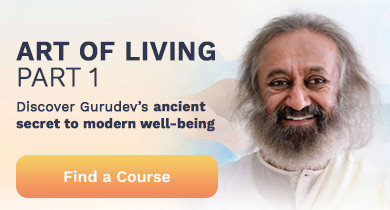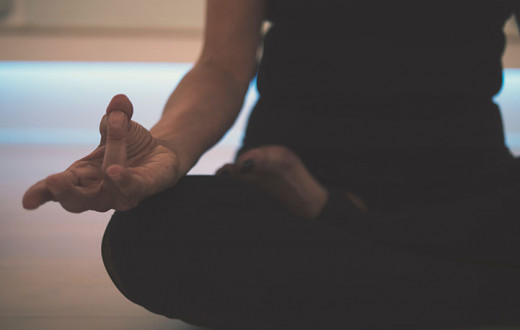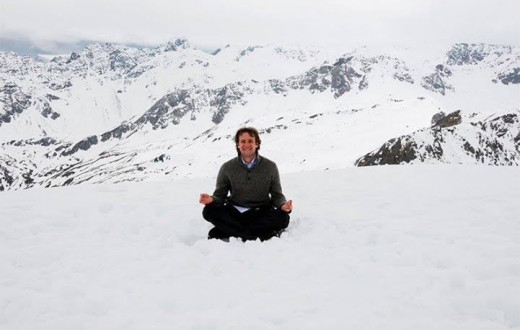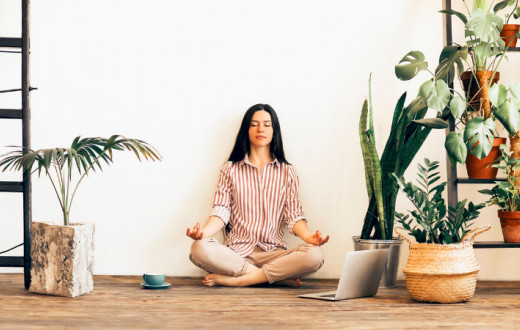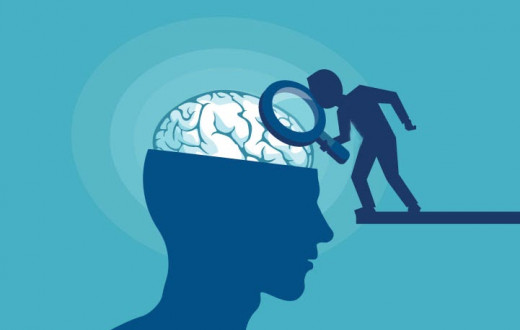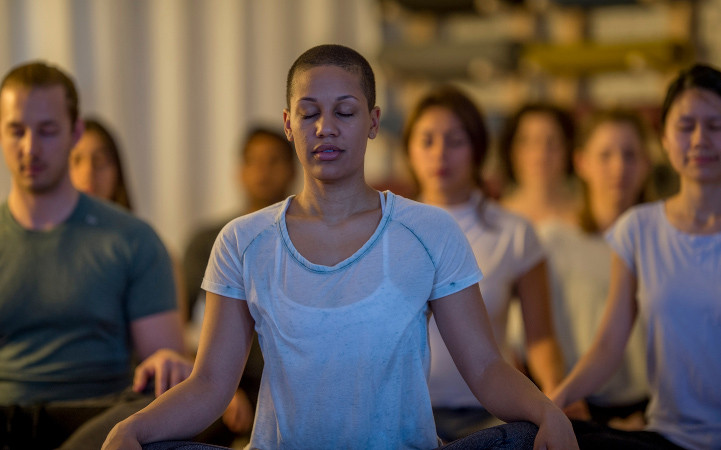
Restful sleep is fundamental to our existence. It’s just as important to our health and happiness as food and the air we breathe. Short periods without proper sleep can leave us with daytime fatigue and impairment, and longer periods can lead to serious physical and mental health issues.
Sleep deprivation in any form can result in:
Memory issues
Mood changes
High blood pressure
Weakened immunity
Higher risk of diabetes
Heart disease, and more
Clearly, quality sleep is important. Let’s look at the connection between meditation and sleep, and see how you can meditate your way to a more restful night’s sleep as soon as possible!
The sleep meditation connection
"Sleep meditation" is a word combination thrown around quite a bit these days. But the reality is, there is sleep, and there is meditation; there really isn't "sleep meditation".
Sleep is primarily an unconscious state, while meditation is a conscious state. They are not experienced at the same time. Though they both cause a relaxation response in the body, they produce different types of brain waves.
Yet, there is a symbiotic connection. If you get a good night's rest, you probably won't fall asleep the next day while meditating. After experiencing a deep meditative state, many people experience better sleep quality later that night. You need both sleep and meditation for a healthy mind and body, just not at the same time!
Meditation can help with sleep disturbances of all kinds
Meditation helps alleviate sleep issues caused by factors other than stress, such as life/work imbalances, chronic pain, hormonal imbalances, and more. Meditation increases balance in all aspects of the mind-body complex. Removing stress is just the first step to improved sleep.
When we meditate we experience an increase in dynamism, which gives us a greater ability to manage our daily challenges. We also tend to prioritize inner peace once we have had a taste of deep meditation. Tipping the scales is that easy!
Chronic pain often has a mental component to it. We can manage pain better when we feel calmer. Because of this, meditation is often prescribed as a tool for pain management.
In regards to the hormonal balance that meditation can facilitate, perhaps the most important is the balancing of melatonin levels. Melatonin is a sleep hormone that helps you fall asleep faster.
These are just some of the many splendored benefits of meditation.
What to do if you think you have a complex sleep disorder?
Sleep disorders include chronic insomnia, snoring, sleep apnea, and restless leg syndrome. Complex sleep disorders include narcolepsy, parasomnia, and excessive sleepiness. With any sleep disorder, it is recommended that you seek the advice of your doctor, especially when insomnia becomes chronic, or with any complex sleep disorder.
Improve sleep quality with meditation
Meditation for sleep comes in the form of many different techniques. Everything from Tai Chi, to body scan meditations, to guided meditations can improve sleep quality.
But scientists are still trying to figure out why. And why do some techniques seem to work for some people and not for others? Is there a technique that is effective for everyone?
It seems that researchers and practitioners alike are still experimenting. Let's help you narrow the search so your mind and body can get a good night's rest.
Comparing breath meditation and mindfulness meditation
We already know stress is a major factor when it comes to sleep problems of any kind. We also know that both mindfulness meditation and breathing meditation practices can help us deal with stress. But is one of these superior to the other?
A study at Yale University showed that SKY Breath Meditation (Sudarshan Kriya) excelled compared to two other programs, Foundations of Emotional Intelligence (EI) and Mindfulness-Based Stress Reduction (MBSR), when it came to improvements in overall well-being.
Following the SKY sessions, students reported improvements in six areas of well-being: depression, stress, mental health, mindfulness, positive affect, and social connectedness.
In another study at the University of Arizona, students either participated in the SKY Campus Happiness program or the Wisdom on Wellness (WOW) program. While both workshops were rated favorably, with all participants citing improvements in their feelings of social connectedness, only participants in the SKY program reported significant decreases in perceived stress levels, sleep disturbances, and a number of other measures of well-being.
Sleep better with SKY Breath Meditation
Reducing stress is great, but is there a direct connection between SKY and improving sleep quality? Yes! A recent study showed that SKY practitioners spent 13% of their total sleep time in the deeper, restful Slow Wave Sleep (SWS) state, while controls spent only 4% of their sleep time in the SWS state.
Other benefits SKY practitioners report include less daytime fatigue, healthier blood pressure, and improved immunity, to name just a few.
Now that you know that SKY is an evidence-based meditation practice shown to enhance deep sleep (and so much more), you have two wonderful options open to you.
You can click here to register for the next SKY course. Or, you can join a free introductory session online, by clicking the image below. The instructor will lead you through a breathing exercise and guided meditation, share more about SKY, and answer any questions you might have.

